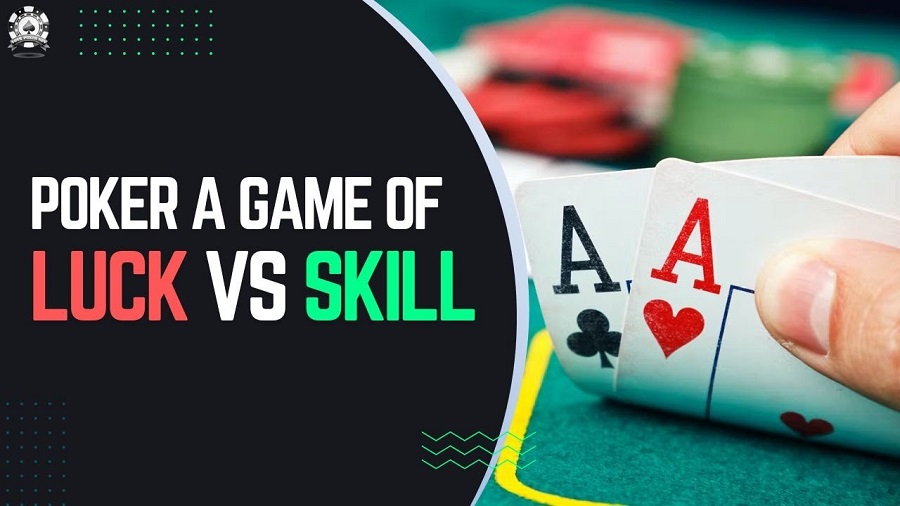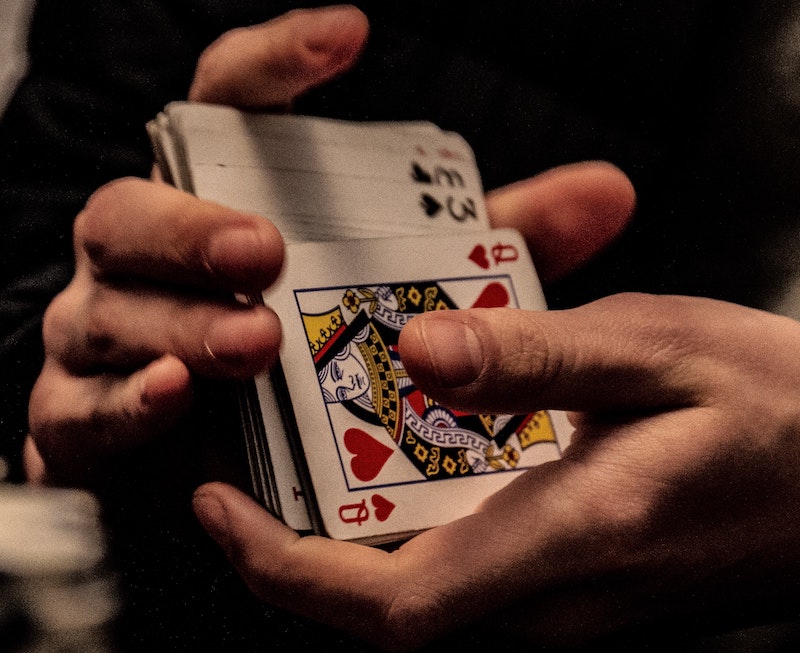
Poker’s Age-Old Debate: Luck, Skill, or a Bit of Both?
The allure of poker transcends borders, drawing enthusiasts worldwide. Its blend of strategy, intuition, and unpredictability make it a game unlike any other. At the heart of poker’s intrigue lies a timeless question: Is winning primarily about luck or skill?
This debate, as old as the game itself, ignites passion among both recreational players and professionals. While the uninitiated often attribute success to the luck of the draw, those who’ve delved deeper into poker’s intricacies argue for the dominance of skill. Let’s dissect both perspectives.
The Role of Luck: Unpredictability in Play
There’s no denying that luck plays a part in poker. Every player has tales of that miraculous card on the river turning defeat into victory. Indeed, the short-term variance can see even the most seasoned pros facing downswings.
However, luck in poker is a double-edged sword. It adds a layer of unpredictability, making the game thrilling. But to attribute winning solely to luck would be an oversimplification.
Skill at the Heart of Strategy
While luck plays its part, poker is undeniably a game of skill. Proficient players study hand ranges, player tendencies, and employ mathematical strategies to maximize their edge. They adapt their approach based on their opponents, understanding when to be aggressive and when to fold.
Mathematics and Probability
Poker isn’t just about reading your opponent. It’s a game deeply rooted in mathematics. Successful players understand the odds, calculating pot odds and expected value to inform their decisions. This knowledge significantly diminishes the role luck plays over the long run.
Emotional Control and Discipline
One of the most underrated skills in poker is emotional control. Keeping a level head, especially after a bad beat or during a downswing, separates amateurs from professionals. It’s this mental fortitude and discipline that ensures skilled players remain profitable over time.

Professional Consistency: A Testament to Skill
Perhaps the most compelling argument for poker being a skill game is the consistent success of top professionals. Players like Phil Ivey, Daniel Negreanu, and Vanessa Selbst haven’t achieved their successes by luck alone. Their consistent performance across various tournaments underscores the significance of skill in poker.
Furthermore, the very existence of poker strategy books, coaching, and courses indicates a depth that goes beyond mere chance. There’s a reason why the same faces often grace the final tables of the world’s biggest tournaments.
Conclusion: A Balanced Blend
While poker involves luck, dismissing it as just a game of chance would be inaccurate. The strategic depth, emotional intelligence, and mathematical proficiency required suggest a game heavily reliant on skill.
However, the element of luck ensures that poker remains unpredictable and exciting. Perhaps, then, it’s the perfect marriage of luck and skill that has cemented poker’s place as a timeless classic.

